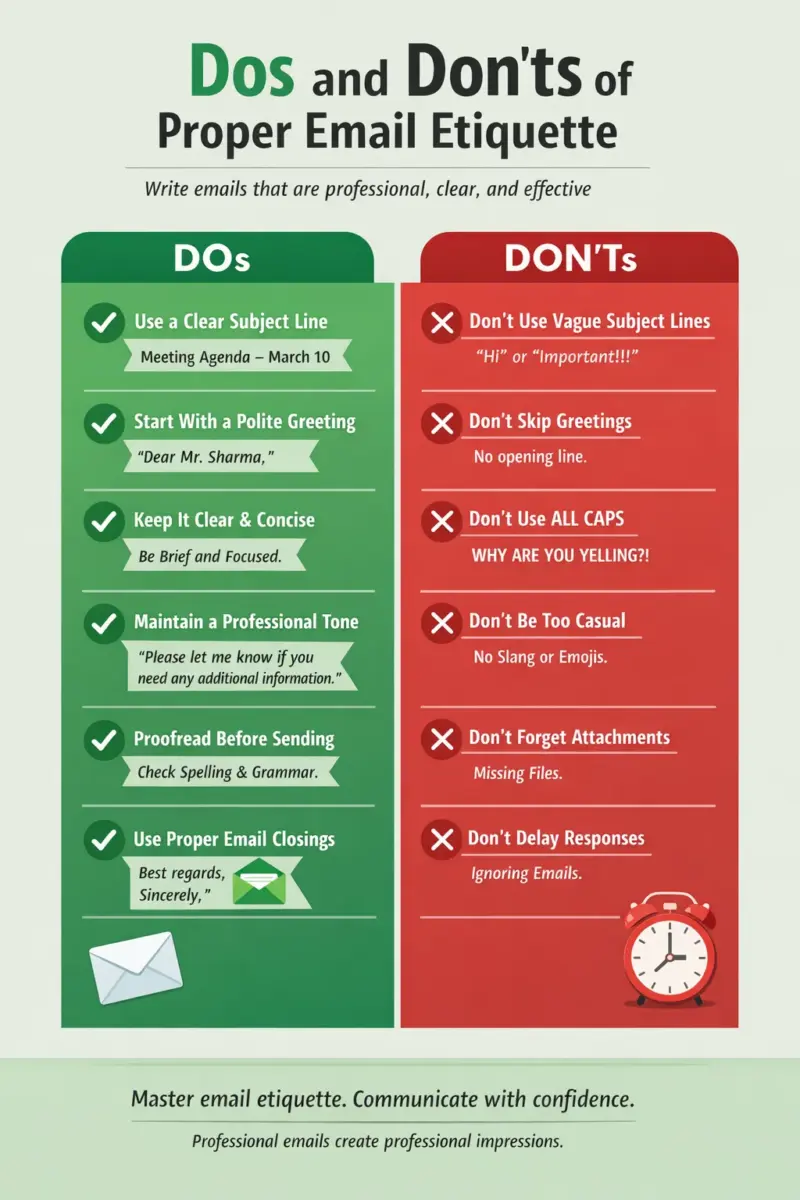Overthinking is like a mental treadmill—you’re exhausted but going nowhere. It traps you in loops of “what ifs,” drains your energy, and steals joy from the present. If your brain feels like a browser with 100 tabs open, you’re not alone. The good news? Overthinking isn’t a life sentence. Here are 8 actionable strategies to quiet the noise and regain control of your mind.
1. Name It to Tame It
Overthinking thrives in ambiguity. The moment you notice yourself spiraling, pause and label it: “I’m overthinking.” This simple act shifts you from “participant” to “observer,” creating psychological distance. Studies show that naming emotions reduces their intensity, helping you respond rationally instead of reacting.
Try this: Keep a sticky note with “Is this useful?” on your desk or phone. When overthinking strikes, ask yourself that question.
2. The 5-Minute Decision Rule
Overthinkers often get stuck in analysis paralysis. Set a timer for 5 minutes to make smaller decisions (e.g., what to eat, which task to tackle first). When time’s up, commit. This trains your brain to trust itself and prevents minor choices from ballooning into mental monsters.
Pro tip: Save deep analysis for high-stakes decisions (like buying a house)—not what to wear on Tuesday.
3. Ground Yourself with the “5-4-3-2-1” Technique
Anxiety about the future fuels overthinking. Interrupt the cycle by anchoring in the present. Name:
- 5 things you see
- 4 things you feel (e.g., your chair, the breeze)
- 3 things you hear
- 2 things you smell
- 1 thing you taste
This sensory reset quiets mental chaos by redirecting focus to your environment.
4. Schedule a “Worry Window”
Give overthinking a designated time slot (e.g., 15 minutes at 6 p.m.). If a spiral starts earlier, jot the thought down and save it for your window. Often, you’ll find the issue feels smaller later—or even irrelevant. This contains anxiety instead of letting it hijack your day.
Bonus: Use a notes app or journal to “dump” thoughts on-the-go.
5. Flip “What If” to “What Is”
Overthinking often fixates on hypotheticals. Counter this by listing facts about your current situation. For example:
- Worry: “What if I fail?”
- Reality: “I’ve prepared, and I can adapt if challenges arise.”
Focusing on tangible truths reduces catastrophizing.
6. Move Your Body (Yes, Really)
Physical activity lowers cortisol (the stress hormone) and increases endorphins. A 10-minute walk, yoga flow, or even dancing to one song disrupts rumination by shifting your state. Think of it as a “brain reset button.”
Science says: Aerobic exercise boosts prefrontal cortex activity, improving decision-making and emotional regulation.
7. Practice “Imperfect Action”
Overthinkers delay progress waiting for “perfect” conditions. Break the cycle by taking one small, messy step forward. Send the email draft. Start the project outline. Imperfect action builds momentum and proves to your brain that done is better than perfect.
Mantra: “I can adjust later—right now, I just need to begin.”
8. Create a “Stop Story”
Replace overthinking with a pre-written narrative. For example:
“I’m someone who trusts my choices. I focus on solutions, not problems. My energy is for living, not worrying.”
Repeat this story daily. Over time, your brain rewires to align with it—a concept backed by neuroplasticity.
Final Thoughts:
Overthinking diminishes your power now by fixating on the then or maybe. These strategies aren’t about eliminating thoughts but managing them with intention. Start with one tip, celebrate tiny wins, and remember: You’re not your thoughts—you’re the person who chooses what to do next.
TL;DR: Name your spiral, set decision deadlines, ground yourself, schedule worry time, focus on facts, move your body, embrace imperfection, and rewrite your mental script. Your peace of mind is worth the effort. ?


